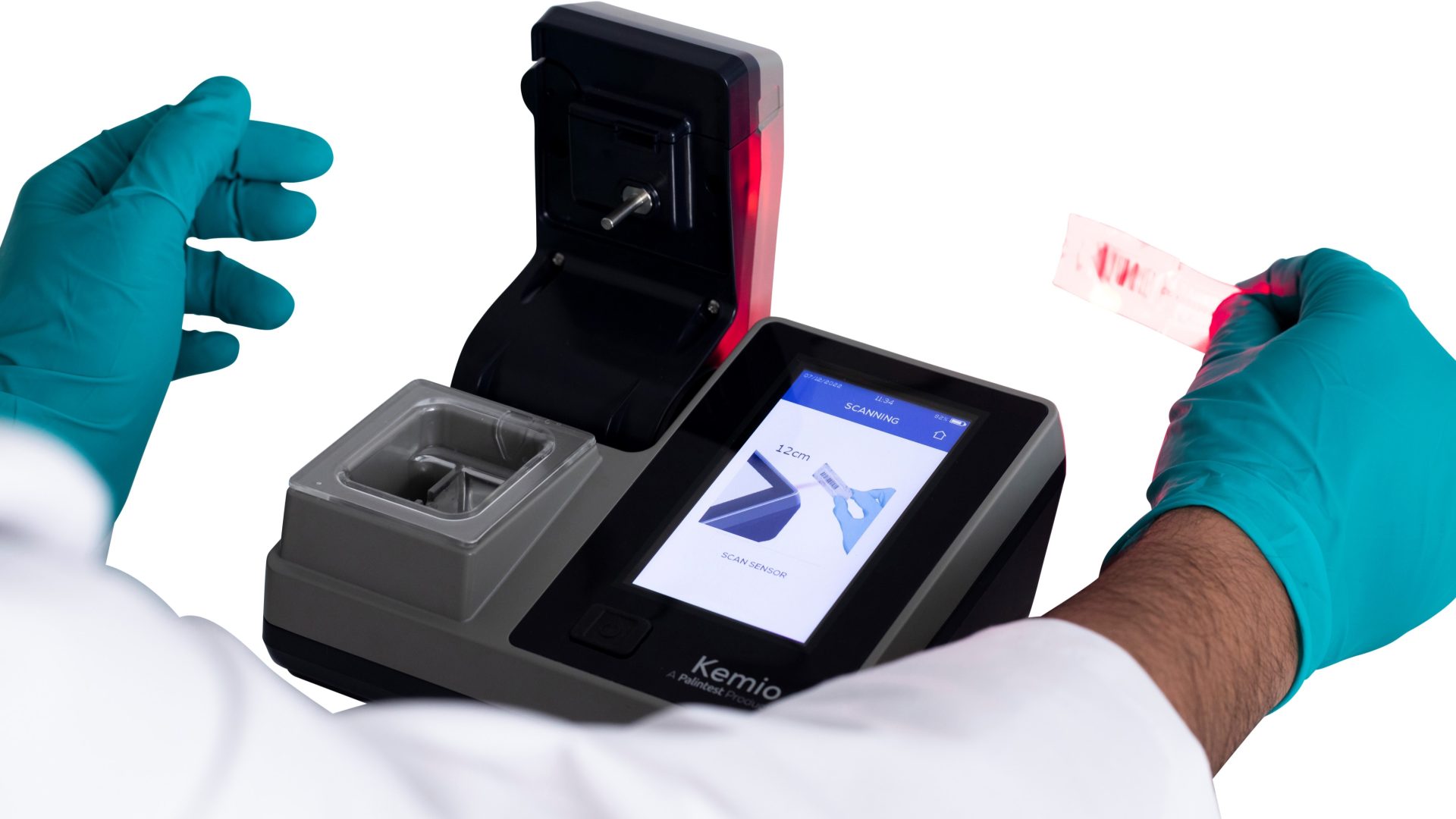Communities at risk from copper contamination in drinking water are being supported by innovative new technology developed by water analysis technology pioneer Palintest.
The company has introduced a patented single use copper sensor to its Kemio™ product range, which will allow water utilities personnel to easily carry out testing for copper at consumers’ taps, and enable them to quickly identify any corroded pipe systems which may be putting health at risk.
Copper can enter drinking water through the corrosion of fixtures and pipework in water distribution and plumbing systems, and acidic water can leach copper from piping.
The effects of drinking too much copper include vomiting, diarrhoea, stomach cramps, liver damage and kidney disease.
The introduction of Palintest’s patented single use copper sensor will help municipal authorities in the United States comply with The Lead And Copper rule, which was introduced in 1991 to regulate the control of lead and copper in drinking water. The rule requires authorities to monitor drinking water at customer taps. It states that if lead levels exceed an action level of 15 ppb or copper levels exceed an action level of 1.3 ppm in more than 10 per cent of consumer taps sampled, additional action must be taken to control corrosion.
The new sensors are compatible with Palintest’s portable Kemio™ Heavy Metals and Kemio™ Multi solutions, and give accurate results even with low concentrations of copper. The testing procedures don’t require any specialist training and can be performed on-site within three minutes.
Headquartered in Gateshead, UK, Palintest manufactures equipment for water quality monitoring and disinfection control. It is an international leader in water analysis technology for water and wastewater management, with an established market presence in Europe, Asia, North America and Australia.
Kemio™ Heavy Metals and Kemio™ Multi both have an IP67 rated waterproof design, which means they can be operated in wet and humid environments, and do not require laboratory-grade handling.
Mark Davison, managing director at Palintest, said:
“We’re very proud to be helping municipal authorities to protect public health by providing a solution for the rapid detection of copper contamination in drinking water.
“The introduction of the copper sensor will have a major impact on organisations who require quick results in the field to inform their decision making, and who need to demonstrate regulatory compliance.”
Shaurya Sheoran, product manager – sensors and microbiological range at Palintest, added:
“The incorporation of the copper sensor in our product range is the result of decades of R&D innovation from Palintest and has been developed with the needs of the end user in mind.
“Our close relationship with the water management sector has enabled us to understand the practical requirements of water sampling operations and the development of the copper sensor reflects this.”
Established in the UK in 1989, but with a history dating back to the 1800s, Palintest has pioneered techniques and technology used in pool and spa water analysis, water management, the food and beverage industry and humanitarian aid.
The company supports water utilities providers, and water management and wastewater personnel, in meeting regulatory requirements and ensuring water is safe for use and distribution.
Palintest has worked alongside the water industry for decades and has developed cutting-edge, reliable and accurate technology shaped to the sector’s evolving requirements.
Water management personnel can draw on Palintest’s specialist expertise to support them in water analysis operations, which helps them to solve challenges and operate more efficiently.
For more information visit https://www.palintest.com/



